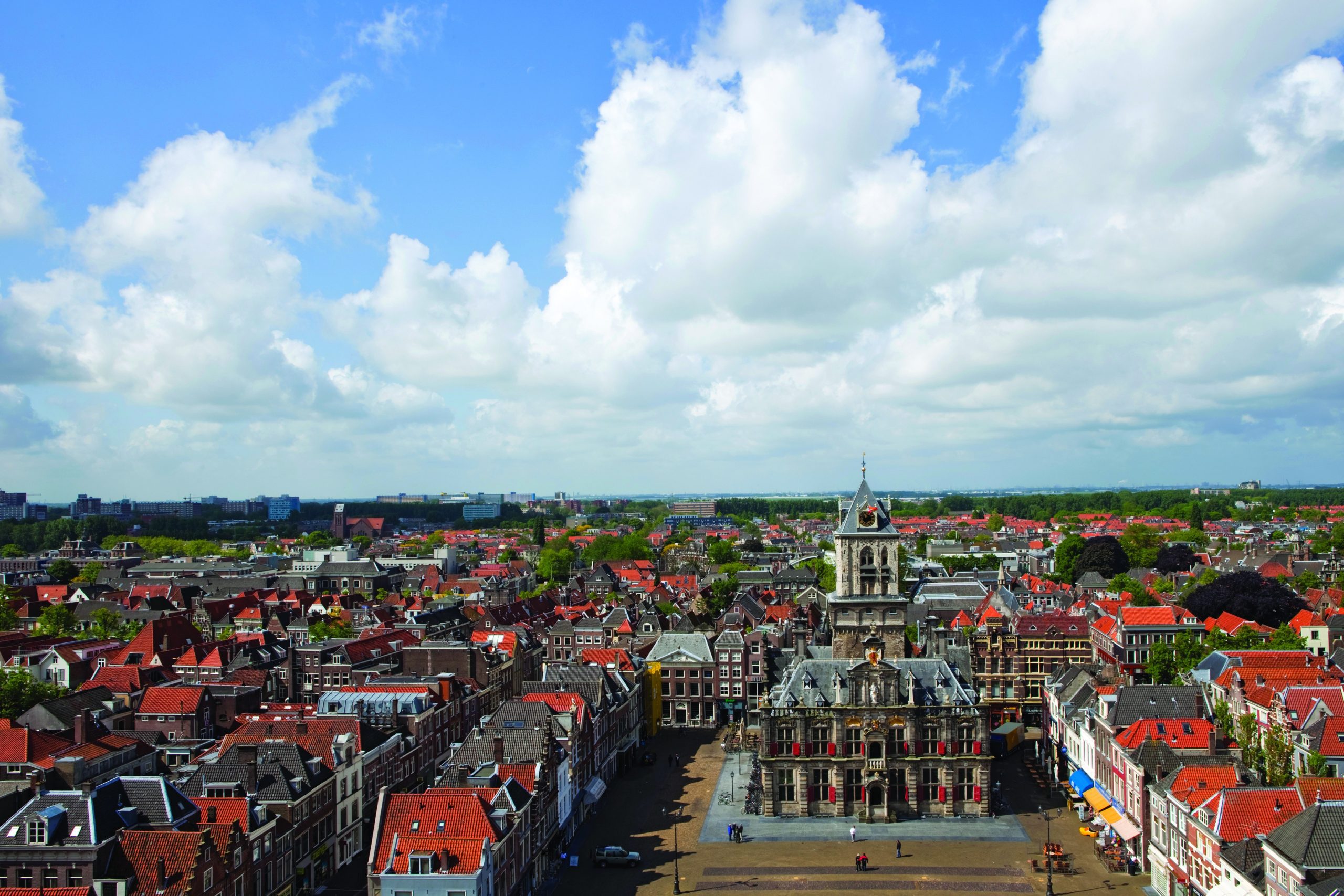TU Delft international faculty and staff lack sufficient assistance with securing housing accommodations.
Compared to international students who benefit from a system of guaranteed housing, these TU Delft employees face a different set of challenges when coming from abroad.
Indeed, issues such as work permits, pensions, banking and insurance as well as childcare and education are among the major concerns of international employees. However, these matters cannot be adequately arranged without first acquiring a Dutch address. Despite the various relocation services provided by the university, it appears that the international faculty and staff still require housing assistance.
“I did not ask for support from the university, because I was told that there was none,” said Elisa Giaccardi, professor of interactive media design. “They said there aren’t really any accommodations for faculty. Duwo is targeted at students and there are no accommodations for faculty and staff with families. Unlike in the US where the university gives you accommodations for two years, there’s nothing like that here, so I just did everything independently.”
With her contract only finalized in the end of June, Giaccardi barely had enough time to arrange for an apartment with her husband and six-year-old daughter before starting work at TU Delft. “The challenge is when you have a family,” Giaccardi said. “When you’re on your own, everything is easier. It was hard, simply because I didn’t have time. I’m very busy with my work so I just gave up looking and said this one will do, it doesn’t matter.” In the end, Giaccardi had to settle for a 90m2, semi-furnished apartment on campus for €1,600 a month. After living in Delft for some time, she and her husband decided to move to a proper house in Pijnacker, close to their daughter’s school.
Given the long-term nature of her employment, it was possible for Giaccardi to search for suitable housing. A few of the international staff, on the other hand, were not so fortunate, especially when the duration of their employment at TU Delft remained uncertain. Italian guest researcher and former exchange student Gabriel Chinello (Mechanical Engineering), for example, had to change apartments three times in the last year-and-a-half. Due to the numerous contract extensions given by the university, Chinello had difficulties securing temporary housing at short notice.
“As an exchange student, I had a lot of support from the university in finding accommodations because Duwo and the university are linked,” Chinello said. “When I registered as a guest researcher, I really had a lot of problems with Duwo because I was no longer a student. I needed a cover letter from my professor and I had to go through a more difficult registration procedure. The university didn’t help me at all so I decided to find a room by myself.”
The uncertainty of Chinello’s situation forced him to search for accommodations via alternative channels such as joining housing-related groups on social media, subcontracting rooms from students going on foreign exchange programmes and making special agreements with private landlords. Although he was able to rent out several rooms in Delft for three to four months at a time, Chinello found the experience to be both inconvenient and frustrating. “When I became a guest researcher, I had a lot of problems,” Chinello said. “The whole bureaucratic process of [having to prove] who I was made it really difficult for me to find housing.”
According to TU Delft International Housing Coordinator Alexander van der Wel, Chinello’s housing issues were regrettable and should have been resolved. “There’s a whole array of TU Delft employees –from postdocs to teaching staff– who come from abroad,” the coordinator said. “We have a number of accommodations reserved for them, but I don’t believe we can accommodate them all.” While the Central International Office tries to provide as much housing information as possible to the new international faculty and staff, there appears to be a lack of communication with the faculty departments.
“How accommodations are arranged is very much dependent on the secretary of the department where the employee is going to work,” Van der Wel claimed. “I don’t think all secretaries know about our services. Some of them are really trying to find the best housing accommodations they can [for international faculty and staff], while others don’t have the time to do so. It’s really dependent on the department where you’re going to work. And that is something that we would very much like to change.”
Currently, both the Central International Office and the university’s Human Resources Department are developing a system in order to provide the same level of service to all international employees. “The goal is to see how we can make our service more uniform,” Van der Wel explained, “not only in terms of housing, but the entire HR process, and what type of welcome we give them. We’re really at the beginning of those developments.”
Since internationalisation has become one of the university’s top priorities, a coordinated system of assistance for international employees on practical matters is a step in the right direction. Still, the provision of housing accommodations for international faculty and staff, along with their families, would be most ideal. “Even having accommodations for one year would really help,” Giaccardi said. “It would also attract more international talent, if that’s what the university wants to do.” With all the difficulties of having to move to another country, a little help goes a long way.



Comments are closed.